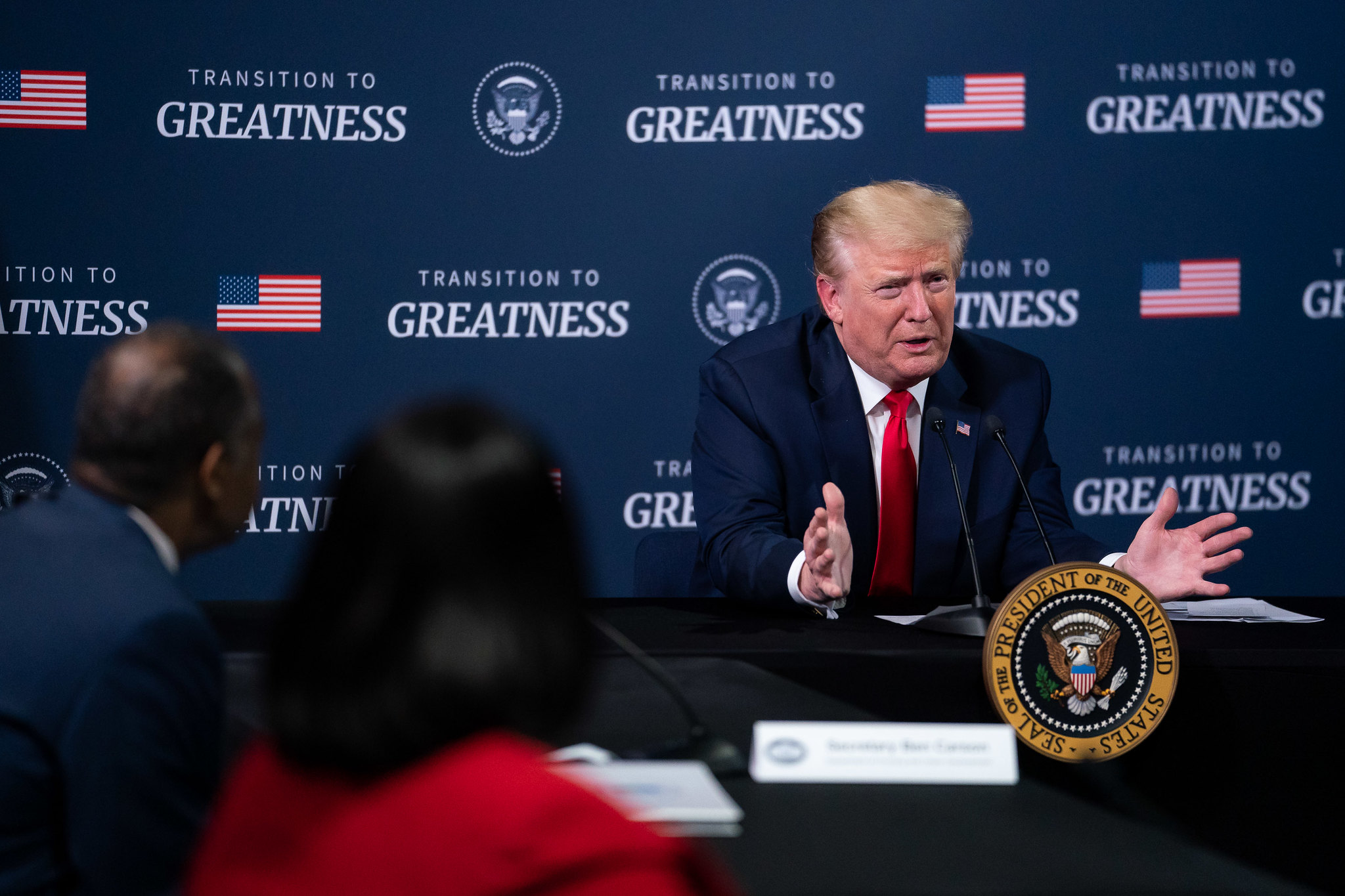Fifty years ago, in a now-classic experiment, Stanford University psychologist Walter Mischel and his colleagues presented preschoolers with a plate of treats and a dilemma: They could have one marshmallow now or wait 20 minutes and get two marshmallows later.
The kids who managed to wait (despite a plateful of temptation in front of them) turned out to be generally more successful than their more impatient peers. Their grades were better, their SAT scores were higher, they were healthier and socially better-adjusted. The experiment set off an explosion of scholarship on the benefits of delayed gratification, perseverance, and “grit.” It’s one reason “self-mastery” and “self-control” are part of almost every kindergartener’s curriculum today.
America is now facing something like a national Marshmallow Test. Many states are pushing to reopen their economies, even with plentiful evidence that the COVID-19 pandemic is far from over. As summer beckons and restrictions loosen, citizens will have to judge just how far they’ll reach for a taste of pre-pandemic normalcy, whether it’s a trip to the salon, a carefree cookout with friends, or a night out at the theater. More challenging, people will have to maintain the discipline of social distancing until the virus is genuinely under control. It might be tantalizing to forego some of the summer’s most sought-after activities—like a trip to the beach—but the most abstemious countries will have greater rewards down the line. No doubt, those that persevere in taming the virus will claim the prize of lasting economic stability.
President Donald Trump, however, would have us all eat our “one marshmallow now” with a reckless return to pre-pandemic life. He would risk igniting a second wave of infection, which would entail the needless sacrifice of thousands of more lives and a squandered chance to lay the foundation for a durable post-pandemic economy. Worse than the preschooler who succumbs to a single marshmallow, Trump would stuff his face and then smash the plate.
Since the start of the coronavirus outbreak, Trump has hampered efforts to slow the virus’s spread and encouraged Americans’ restlessness under quarantine. Barely two weeks after declaring a national emergency in mid-March, he said he hoped to see “packed churches” by Easter and started urging the return of professional sports with full stadiums. As cases mounted a month later, Trump tweeted to “liberate” three states from lockdown restrictions, encouraging rebellions against governors’ efforts to stop the spread of infection. Then, in late May, as U.S. deaths edged toward the ominous threshold of 100,000, Trump called on churches to hold in-person services, contradicting state bans on mass gatherings, declaring them “essential.”
Consistently, he has fed the menacing right-wing misinformation machine by repeatedly insisting that the virus is “going to go away.” He has systematically undermined his own top scientists and is now ignoring them altogether. Dr. Anthony Fauci, one of the most prominent members of the White House coronavirus task force, reportedly hasn’t spoken to Trump in two weeks. All of these comments and actions have delayed the day when true normalcy will arrive, if not sabotaged it altogether.
For one thing, Trump’s impatience now threatens to undo the measures of the last ten weeks. Thanks in part to the foment of anti-lockdown protesters tacitly endorsed by Trump, governors are under increasing political pressure to reopen quickly—perhaps too soon.
Public health officials have repeatedly warned against the lifting of restrictions prematurely, especially when many states still lack the testing and contact tracing infrastructure necessary to tamp down inevitable outbreaks. Adding to these worries is the possibility of a new wave, sparked by this week’s mass protests and the gatherings over Memorial Day weekend. The worst-case scenario, scientists say, is a resurgence of the virus this fall in combination with the seasonal flu. The coming months, as ousted vaccine official Rick Bright recently told Congress, could be the “darkest winter in modern history.” Nevertheless, states are vaulting over the federal government’s metrics for a safe reopening in a race to restart their economies. As of June 3, 16 states were reporting a rise in new infections, a number that’s likely to tick upward.
Throughout his presidency, Trump has shown a penchant for quick fixes and slapdash policies aimed at satisfying the short-term appetites of his base, no matter how much it hurts the country’s long-term welfare. Rather than tackle immigration reform, Trump opted for the cheap optics of “building a wall,” a colossal waste of tax-payer money. Rather than negotiate a sensible agreement with China over its unfair trade practices, he levied a series of ill-considered tariffs and set off a trade war that has put U.S.-China relations on its worst footing in decades. And instead of investing in the painstaking work of tamping down COVID-19, he’s scapegoated the World Health Organization and repeatedly touted an anti-malaria drug that doesn’t treat the disease and is now shown to increase the likelihood of death.
The next few months will pose a crucial test of our national resolve and set the country’s trajectory for years to come. Americans need a leader who is honest about the difficulties that lie ahead, undaunted by the scale of the task, and willing to do take on the arduous job of navigating the nation’s recovery. In other words, they need the exact opposite of Trump.
In his speech announcing the moon shot, President John F. Kennedy famously said: “We choose to go to the moon in this decade and do the other things, not because they are easy, but because they are hard.” Rebuilding a post-pandemic America will be one of the hardest tasks the nation has ever had to face. Unlike the moon shot, with its aspiration and glamour, the goal will be the simple restoration of a life with some semblance to what we had before.
Trump’s profound megalomania, impulsiveness, and defective character is what got us where we are today. If we are to have any shot at a real recovery, he needs to go.



